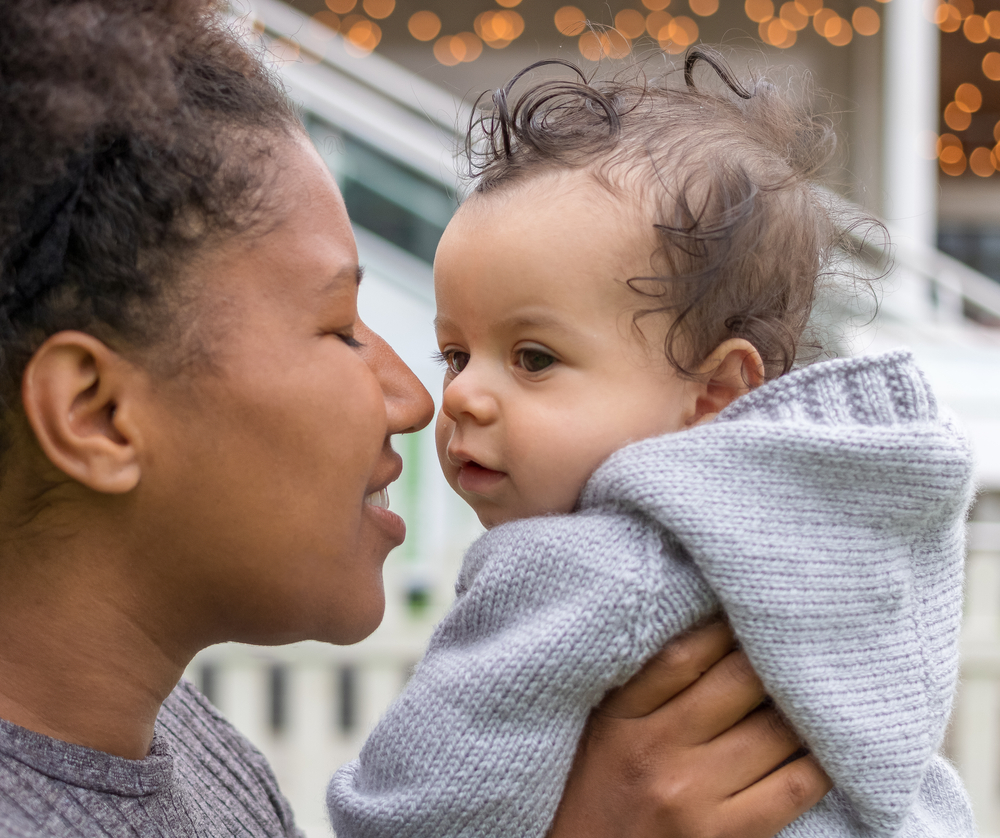Emotional wellbeing for parents and carers
- Parents and Carers
- Behaviour, emotions and mental health

Being a parent can come with lots of challenges and can have a big effect on your own mental health. It’s completely normal to feel worried, overwhelmed, or low at times and this is nothing to be ashamed of.
If you feel like your mental health is affecting your ability to cope, there is lots of support out there to help you.
If you are planning to have a baby and have or have had a mental health problem in the past, speak to your GP before you become pregnant. You may be referred for extra support.
Parenting and your mental health
You may experience some symptoms during the early stages of pregnancy. But a lot of these should pass and you will start to feel better. If you are feeling unwell though, this can be a really hard time, emotionally and physically.
It’s normal to have mixed feelings when expecting a baby. You might feel worried about the impact on your relationship with family members. It can also be hard not knowing what to expect and it may feel very overwhelming. These feelings are normal. Remember that you do not need to know everything, and you will learn things as your family grows.
If you are struggling, speak to your midwife, health visitor or GP for support.
After the birth you may feel pressure to be happy and excited. But instead, you may feel sad or disconnected. It can be exhausting trying to juggle your new and old responsibilities. You may also feel like you have lost your identity.
Having a baby may place strain on your relationships, especially with your partner. It may be harder to spend quality time together and you might start to resent them if you don’t feel supported.
You might feel worried talking about your feelings in case someone thinks you are a bad parent. But it’s important to remember that this isn’t your fault and all these feelings are completely normal.
Make time to speak to your partner and work together to make each other feel loved. Or speak to a family member or someone you trust. Talk to them openly about how you are feeling. Remember, there is lots of support available.
Fathers and partners can also struggle with their mental health during this time. This is completely normal and more common than you would think. It can be stressful trying to juggle caring for your baby, your partners needs and work.
You may hear lots of information about mums being better and more natural at parenting. This may leave you feeling unimportant or left out. But you and the role you play is just as important.
Download the baby buddy app by best beginnings. This offers lots of helpful information for dads to help you feel confident as a parent.
You can also download the DadPad app. It contains information and advice to help you gain the confidence and skills needed to be the best dad you can be.
Mental health problems you may experience during pregnancy and after birth

The effect of your mental health on your child
Children can often pick up on your mood. For example, if you’re feeling stressed, they may be able to tell. Sometimes this can affect their behaviour too, which may then make you feel more stressed.
Children feel less anxious if they are told the truth. So don’t try to hide your feelings from your child. Try explaining to them in a way that they can understand. For example, you can talk to them about ‘big feelings’. Reassure them that it’s not their job to look after you.
Read more about how parental mental illness affects young people.
Looking after your mental health as a parent
It is important to remember that support is available. Don’t be afraid to ask for help. Keep in touch with your friends and family and let them know how you are feeling. There are also lots of thing you can do at home:
- Try to establish a good daily routine, where you make time for yourself. This may just be having a cup of tea or a soak in the bath.
- Try to keep regular sleep hours and ensure you are getting enough rest. Read more about sleep problems.
- Try to regularly engage in gentle exercise, like going for a walk. This can help boost your immune system and encourages your child to exercise. If you can’t get outside, try sitting by a window for some fresh air.
- Try meditation, mindfulness or deep-breathing.
- Try to stick to a healthy diet, stop smoking and reduce your alcohol intake.
- Make a list of small, realistic goals for each day. Don’t try to be super mum or dad.
- Check what is happening locally so you can meet other parents and feel less isolated.
- Join online chats or support groups to find others who share your experiences.
- Watch these mental health videos to help you understand your feelings better.
Last reviewed: 1 November, 2023
